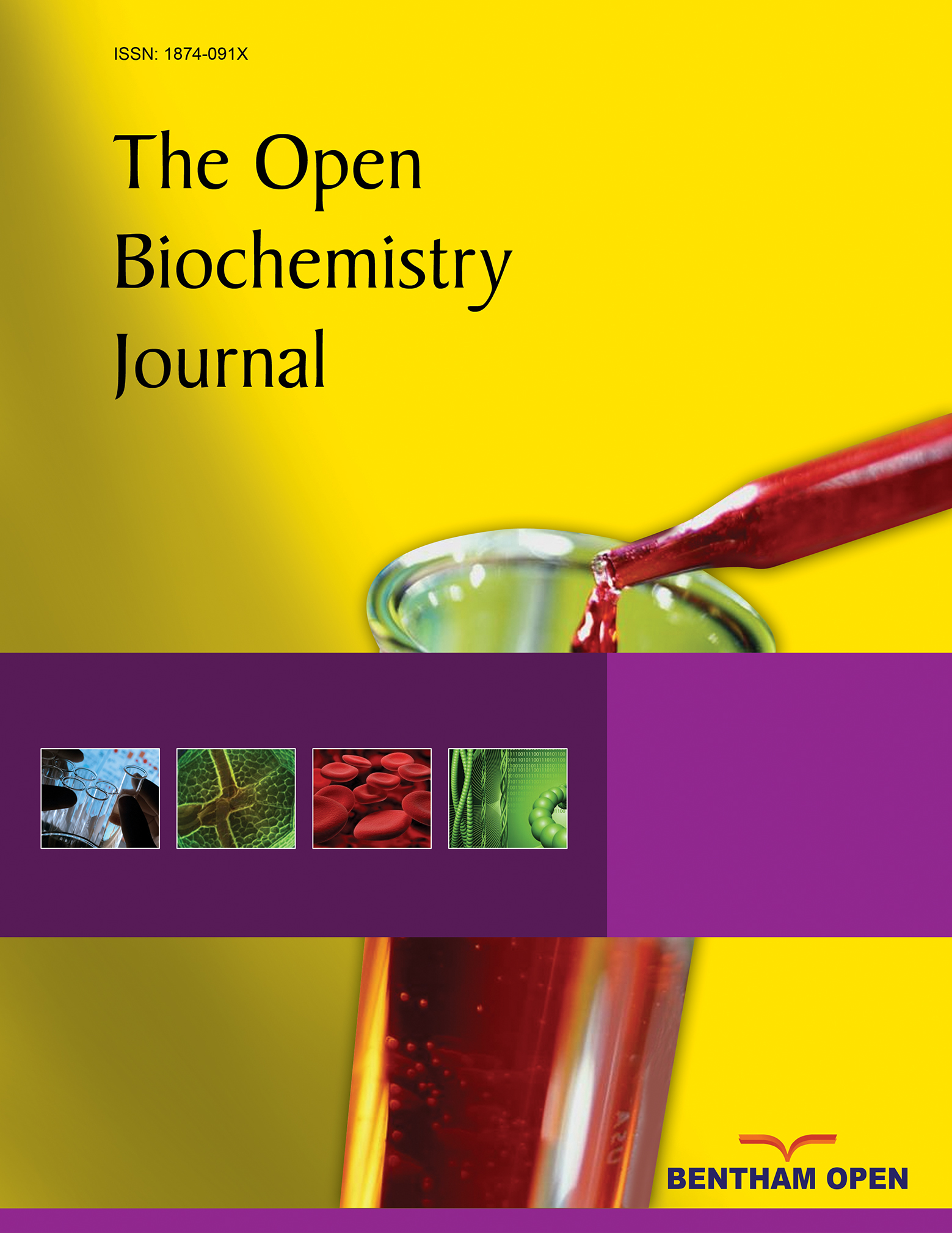All published articles of this journal are available on ScienceDirect.
Impact of the L-arginine-Nitric Oxide Pathway and Oxidative Stress on the Pathogenesis of the Metabolic Syndrome
Abstract
The discovery of the physiological roles of nitric oxide has revolutionized the understanding of regulation of vascular tone, platelet adhesion and aggregation, and immune activation. Perhaps the most intriguing aspect of nitric oxide (NO) is that it is a gas that, in the absence of receptors, can regulate both normal physiological events and mediate cytotoxicity under pathological conditions. NO is produced from L-arginine by NO synthases (NOS), yielding L-citrulline and NO. The regulation of L-arginine pathway activity occurs at the level of NO production. The metabolic syndrome is a cluster of insulin resistance, elevated blood pressure, and atherogenic dyslipidemia, a common basis of cardiovascular disease. It occurs in genetically susceptible individuals with environmental influences and has serious economic and social consequences. Pharmacological and non-pharmacological therapies should be individualized and targeted to normalize its alterations of blood pressure, HDL cholesterol, triglycerides and glucose values. Despite the increasing prevalence of the metabolic syndrome in the last decades, there has been little progress in the understanding of the precise mechanisms involved in the pathogenesis of this syndrome and its complications. Emerging evidence is available that NO, inflammation and oxidative stress play important roles in the physiopathology of this syndrome. This review summarizes and evaluates the participation of the L-arginine-NO pathway and oxidative stress in the physiopathology of the metabolic syndrome and cardiovascular events at the systemic level, as well as the effects of exercise on this syndrome.


